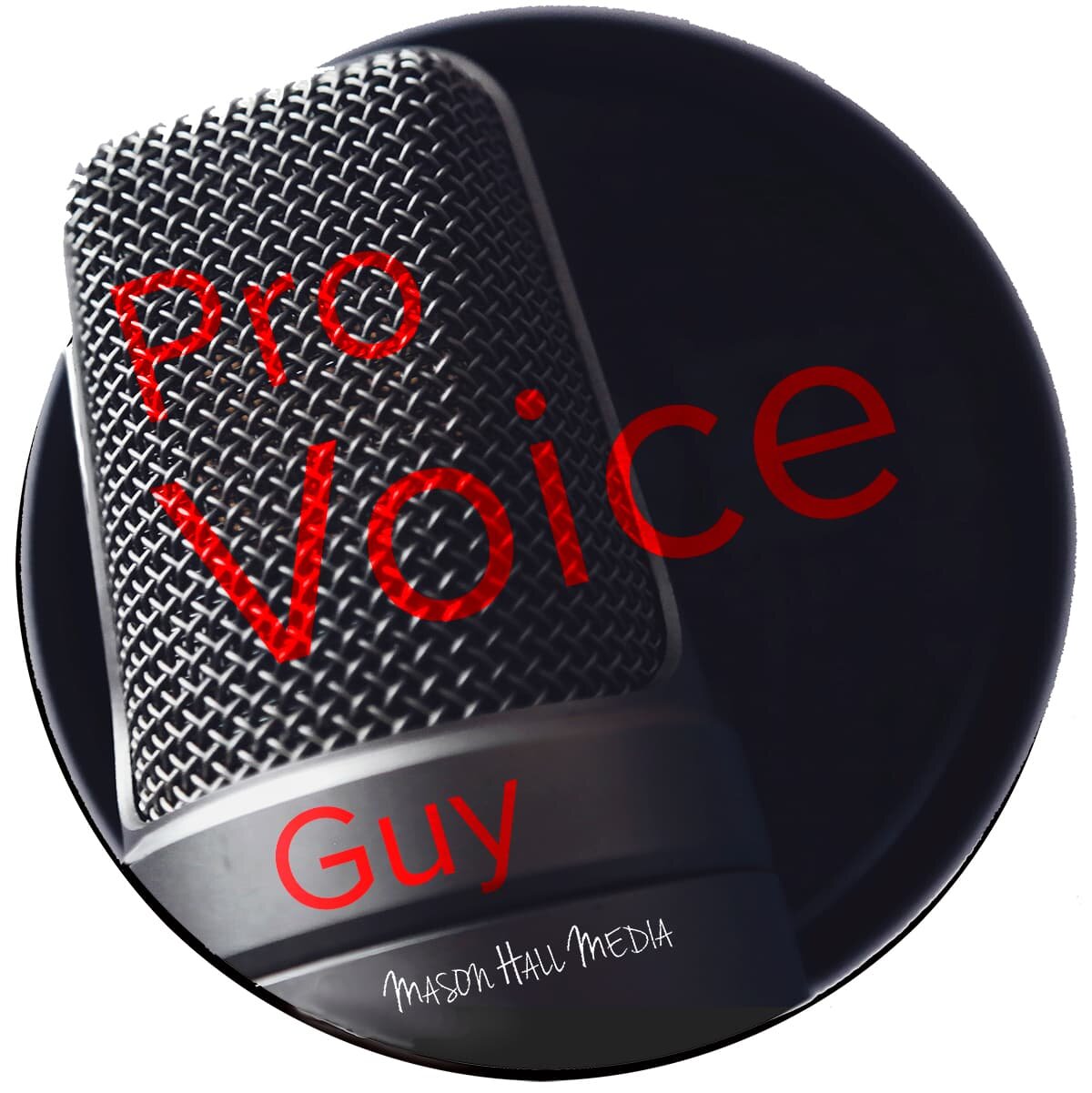Starting Your Own Podcast #3: Hosting and Syndication:
Understanding hosting and syndication can be one of the trickiest parts of starting your own podcast. In this post, I hope to clear it up.
Once you have a microphone and some software, you are ready to start recording your podcast. Well, not really. You are going to need some content. You might need a script or at least an outline of what will be included in the show. But, in this series, we are just looking at the technical stuff.
This post is part of a series on starting your own podcast. You are welcome to start at the beginning with Starting Your Own Podcast #1 The Microphone.
If you go through all the work of recording a podcast, you are likely going to want someone to listen to it, right? I guess you could just put it on a USB drive and hand it to friends but most people want a little bit larger audience.
Podcast Hosting vs. Syndication: What is the Difference?
If you are new to the world of podcasting, this can be the most confusing part. Let me define the two terms.
Podcast Host
To get your podcast out in the world, it needs to live somewhere on the web. You will upload it and, when people listen to it, they will be streaming or downloading the audio file from that site. It is possible to host this audio file on a regular website, but there are specialized hosting platforms that help take care of the unique aspects of podcasting. If you do want to host your podcast on your website, you can do that, but I am not going to cover that here. Maybe I will include that in a future post. To keep things relatively simple, I will be covering dedicated podcast hosting sites.
Podcast Syndication
When most people think of podcasts, they think of platforms like iTunes. That is where many people go to discover and subscribe to podcasts. It is no longer the only place but it still among the leaders and I am going to focus on it for the point of this explanation.
While people might go to iTunes to find, subscribe to, and download podcasts, those podcasts don't really live there. It is a podcast index. While the actual audio files of podcasts reside in other places, iTunes just points listeners in the right direction. However, it is so seamless, it sure looks like you are downloading right from iTunes.
So, how does it work?
RSS (Really Simple Syndication)
RSS is a simple file that gives iTunes the information it needs to index and list your podcast. The file tells Apple where to find your podcast. Whenever you post a new episode, your podcasting service will send out a notification, iTunes will receive that and let your subscribers know. You don't need to understand precisely how it works. Once you set it up, you don't need to think about it anymore.
If you are working with one of the major dedicated podcast hosts, they will take care of a lot of this for you. Once you set up your podcast and publish an episode, they will automatically generate the information and link for your RSS feed.
All you need to do is register it with iTunes. That is slightly harder than it sounds but most hosts offer step-by-step instructions to get it done.
In case you want to see how this is done, here are some guides:
Submit Podcast to Apple Podcasts - Blubrry
Apple Podcasts (iTunes and Apple Podcasts App)
Once you understand your RSS feed and get your podcast registered with iTunes, it won't be difficult to get it listed on any other indexes you are interested in. Google Play Podcasts, Stitcher, and TuneIn Radio have similar submission practices.
Spotify is the one notable exception. To syndicate with Spotify, you need to host your podcast with one of their partner hosts. If you are interested in being listed on Spotify, you will want to make sure your host offers this capability.
Now that we understand the difference between hosting and syndication, in my next post, I will write about some of the best podcast hosts.
In the meantime, check out my podcast here.
If you are looking for a professional intro for your podcast, I can help. Check out my professionally voiced and produced podcast intros starting at $10.
If you want to check out some of the equipment I used in my own studio or write about on this blog, you can read more here.



